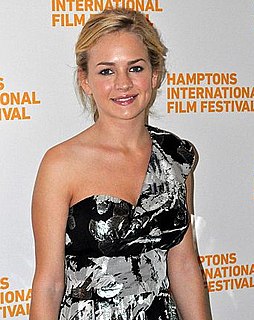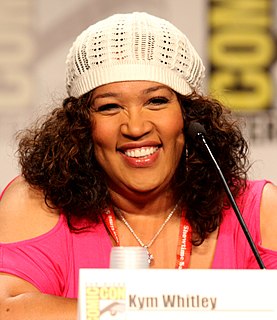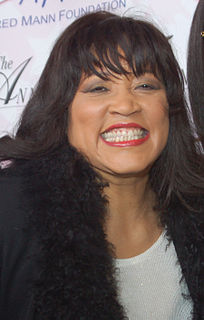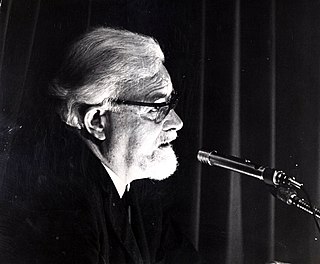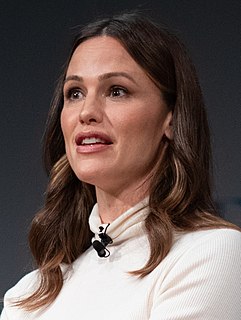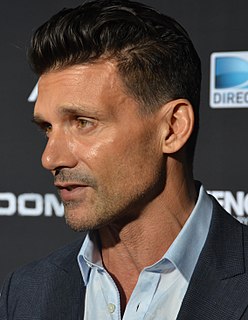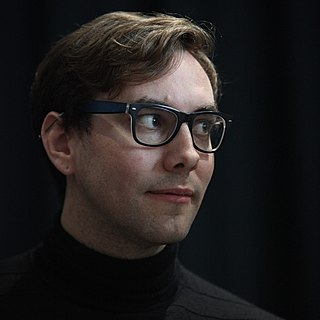A Quote by Peter Molyneux
The whole point here, and the seed that JJ Abrams laid in my mind is, is the power of curiosity enough? What happens next? That dramatic construct is what has driven soap operas and serialised novels over the course of history.
Related Quotes
In a very literal way, of course, Shakespeare did change the course of history: when it didn't fit the plot he had in mind, he simply rewrote it. His English histories play fast and loose with chronology and fact to achieve the desired dramatic effect, re-ordering history even as it was then understood.
Soap operas are like boot camps for film actors, so I really learned a lot. It was a masterclass in working for camera. I made myself watch myself every day. I would sort of try and be objective about it and critique myself a little. There's a lot more skill set than people realize in soap operas. They shoot, like, 35 scenes a day.
Early on, America took one path and went down the advertising road, and in the UK they founded the BBC and developed a different kind of public broadcasting. There was a point where TV was so beholden to commercial interest that people - civil society - actually rose up and said, "This is ridiculous: we have our soap-selling soap operas, cigarette-sponsored news broadcast; we have our rigged quiz shows - let's put some checks and balances here."

